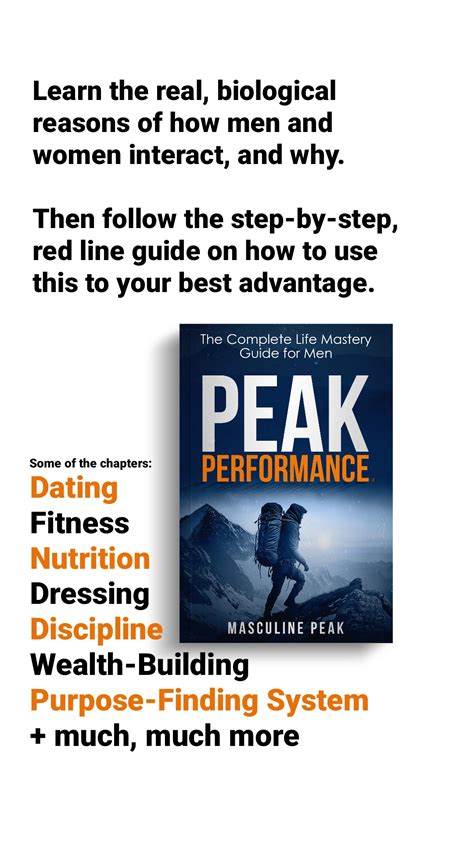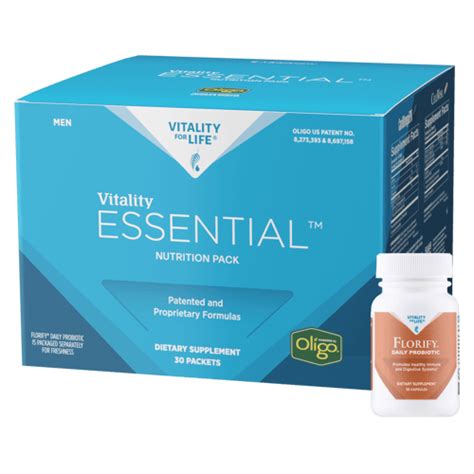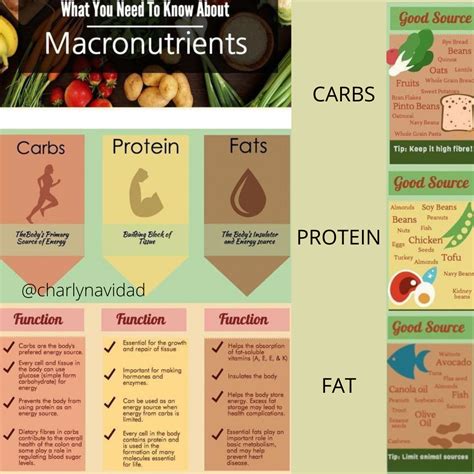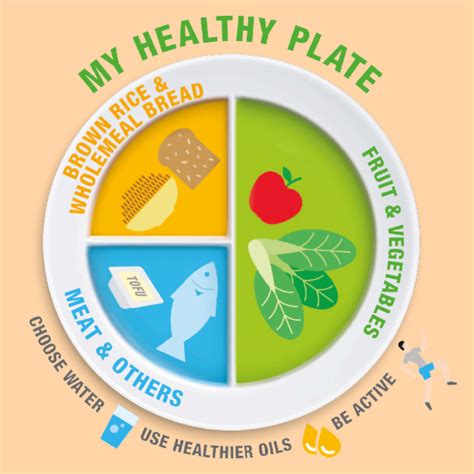What diet optimizes energy and recovery for peak male performance?

Fueling Peak Male Performance: A Dietary Blueprint
For men striving for peak performance, whether in the gym, at work, or in daily life, diet is not just about sustenance – it’s the foundation of vitality, cognitive function, physical prowess, and rapid recovery. A meticulously planned nutritional strategy can unlock untapped potential, providing the sustained energy needed for demanding tasks and the essential building blocks for repair and regeneration.

The Macronutrient Matrix: Carbs, Protein, and Fats
Understanding the role of macronutrients is crucial for optimizing energy and recovery.
- Carbohydrates: The Energy Powerhouse
Complex carbohydrates, found in whole grains, fruits, and vegetables, are the body’s primary fuel source. They replenish glycogen stores in muscles and the liver, essential for sustained energy during physical activity and cognitive tasks. Simple carbohydrates, while offering quick energy, should be consumed strategically, often post-workout to kickstart recovery. - Protein: The Building Block of Recovery
Protein is paramount for muscle repair, growth, and the synthesis of enzymes and hormones vital for male health. Lean sources like chicken breast, fish, eggs, lean beef, legumes, and dairy provide essential amino acids. Distributing protein intake evenly throughout the day ensures a steady supply for continuous repair and maintenance. - Healthy Fats: Hormone Regulation and Sustained Energy
Often misunderstood, healthy fats are critical for hormone production, nutrient absorption, and providing a dense, sustained energy source. Include monounsaturated and polyunsaturated fats from avocados, nuts, seeds, olive oil, and fatty fish (rich in Omega-3s) to support overall health and reduce inflammation.

Micronutrients and Hydration: The Unsung Heroes
While macronutrients provide the bulk of calories, micronutrients (vitamins and minerals) act as cofactors in countless bodily processes, from energy metabolism to immune function and cellular repair. Key micronutrients for male performance include:
- B Vitamins: Essential for converting food into energy.
- Vitamin D: Supports bone health, immune function, and testosterone levels.
- Magnesium: Plays a role in muscle function, nerve transmission, and sleep quality, all vital for recovery.
- Zinc: Crucial for immune function, testosterone production, and wound healing.
- Antioxidants (Vitamins C, E, Selenium): Combat oxidative stress caused by intense activity, aiding recovery.
Hydration is equally critical. Water is involved in every metabolic process, regulating body temperature, transporting nutrients, and lubricating joints. Dehydration can severely impair performance, reduce energy levels, and hinder recovery. Aim for consistent water intake throughout the day, increasing it during and after exercise.

Strategic Timing and Meal Frequency
How and when you eat can be as important as what you eat. Consistent fueling prevents energy dips and supports continuous recovery.
- Pre-Workout: A balanced meal with complex carbs and a moderate amount of protein 2-3 hours before activity provides sustained energy.
- During Activity: For prolonged intense exercise, easily digestible carbohydrates can help maintain energy levels.
- Post-Workout: The 30-60 minute window after exercise is crucial for recovery. A mix of fast-acting carbohydrates and protein helps replenish glycogen stores and initiate muscle repair.
- Consistent Meals: Eating 3-5 balanced meals and snacks throughout the day keeps metabolism active, blood sugar stable, and nutrient supply constant.
Foods to Prioritize and Those to Limit
To optimize for energy and recovery, prioritize nutrient-dense whole foods:
- Lean Proteins: Chicken, turkey, fish, eggs, Greek yogurt, cottage cheese, tofu, lentils.
- Complex Carbohydrates: Oats, brown rice, quinoa, sweet potatoes, whole-wheat bread, berries, apples.
- Healthy Fats: Avocados, nuts (almonds, walnuts), seeds (chia, flax), olive oil, fatty fish (salmon, mackerel).
- Vibrant Fruits & Vegetables: A wide array of colorful produce provides essential vitamins, minerals, and antioxidants.
Conversely, minimize or avoid highly processed foods, excessive added sugars, unhealthy trans fats, and excessive alcohol, as these can contribute to inflammation, energy crashes, and hinder recovery.

Individualization and Consistency are Key
While general guidelines exist, the optimal diet for peak male performance is highly individual. Factors such as age, activity level, body composition goals, and dietary preferences all play a role. Listening to your body, monitoring energy levels, and tracking recovery can help fine-tune your approach. Consistency, rather than perfection, is the ultimate driver of long-term results.
Consulting with a registered dietitian or sports nutritionist can provide personalized guidance tailored to specific goals and needs.

Conclusion
A diet optimized for energy and recovery is the cornerstone of peak male performance. By focusing on a balanced intake of macronutrients, ensuring adequate micronutrient consumption, prioritizing hydration, and strategic timing of meals, men can fuel their bodies for sustained high performance and accelerate recovery, paving the way for lasting vitality and success in all facets of life.








